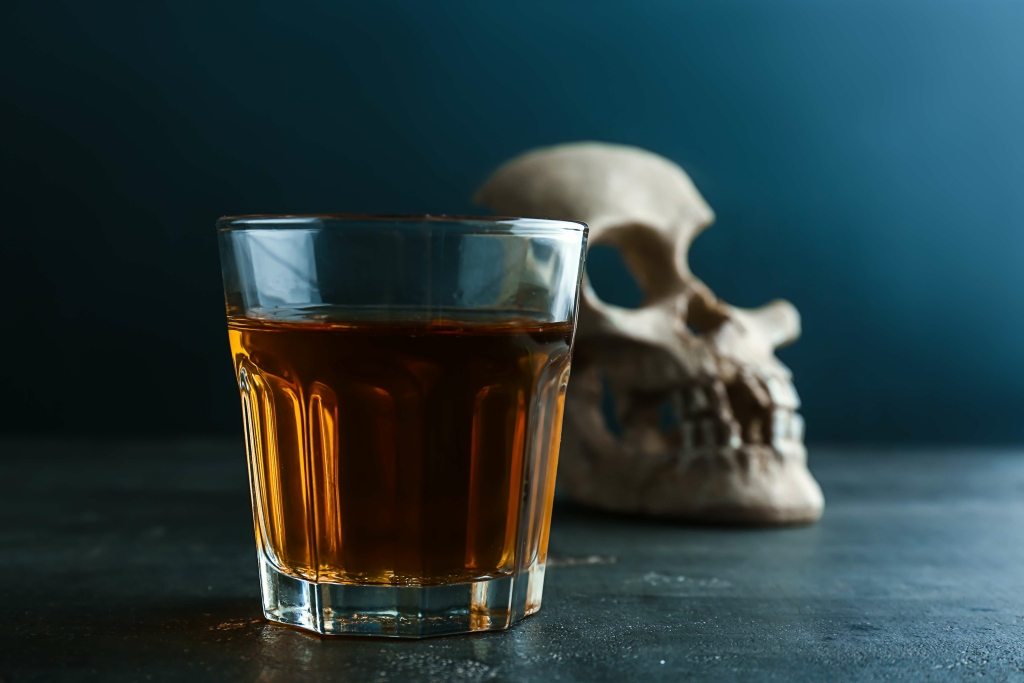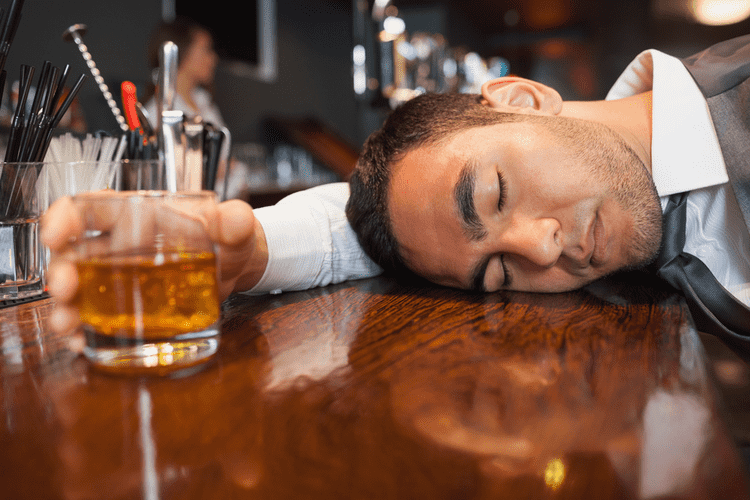Alcohol And Mental Health
If you fail to use any of the healthy coping mechanisms learned when getting sober, almost every time, you will search for other unhealthy ways to cope with life. For most people, these negative behaviors bring up negative feelings because they go against having a good character. This contradiction causes shame and guilt which many people use alcohol to cope with. Lying, cheating, and stealing are all addictive behaviors, and although you might not directly correlate them with your alcohol or substance abuse, they go hand in hand.
Smoking as a Negative Coping Mechanism for Stress
Coping with alcohol can increase anxiety symptoms due to the constant pursuit of relaxation felt when buzzed. It causes a disconnection between your mind, body, and spirit, which may leave you feeling more in pain than before. Alcohol usage patterns vary depending on individuals and their backgrounds, often used as a coping Sobriety mechanism.
Examining the Relationship Between Alcohol Use and Coping with Trauma
- Careful screening for substance misuse is essential in managing BPD effectively because untreated alcoholism undermines therapeutic progress.
- Alcohol is a depressant and can intensify feelings of anxiety and depression.
- Consistent exposure to alcohol abuse can cause individuals to become accustomed to seeing alcohol used to relieve problems.
- Seeking therapy can help you uncover and heal from past trauma that may be subconsciously guiding your habits today.
If you or someone you know is using alcohol as a coping mechanism and is struggling to quit or cut down, contact East Coast Recovery Center in Boston, Massachusetts. Our addiction treatment center is the perfect place to explore coping strategies, identify skills that actually help, and heal your mental health without the dangers of alcohol abuse. We treat all our clients as individuals, and our treatment programs and therapy methods are tailored to your needs and goals. Patients were first asked to describe every strategy they had used in the past __ months to keep themselves from drinking alcohol when they had an urge to drink (urge was defined to them as “wish for, temptation, desire, want, craving, close call, etc.”).
Take the First Step Toward Recovery!
- Motivational models (Cooper, 1994; Cox & Klinger, 1988) highlight drinking for both external and internal (i.e., affective) reasons.
- Participants are told to drink whatever amount necessary to make accurate judgements.
- A fighter and survivor of depression, she strives to reach and help spread awareness on ending the stigma surrounding mental health issues.
- You are not alone in this, and there’s an entire community of people who are ready to support you.
- This reinforcement mechanism encourages your brain to repeat the activity that led to the dopamine release—in this case, consuming alcohol.
Once again, alcohol can provide short-term relief but cannot help you to adequately address trauma. Dr. Kelly points out that drinking heavily also can lead to an increased likelihood that you will suffer traumatic events, such as accidents, fights, injuries, and relationship issues. The EAP turned to MGH addiction expert, John Kelly to better understand why alcohol is not a good, long-term coping mechanism and how to identify and incorporate healthier alternatives. Dr. Kelly explains that with increased use, your body becomes accustomed to the alcohol, representing a greater tolerance and a risk of addiction and toxicity related health concerns. This in turn leads to cascading effects in the brain and body, including serious health impacts. During the inperson assessment, participants completed a psychological assessment battery.

The path isn’t easy but addressing both conditions head-on offers the best chance at reclaiming stability and improving quality of life. The combination of impaired judgment and heightened emotional sensitivity creates a perfect storm for risky behavior escalation. This cycle not only worsens mental health but also increases the chances of hospitalization or legal troubles. As individuals consume alcohol more frequently, they develop a tolerance to its effects, leading to physical and psychological dependence. In the process, this pattern of alcohol use creates a cycle of addiction that is difficult to break. The heavy use of alcohol and mental health are closely intertwined, with one often impacting the other.
They don’t medicate because they’re strong enough to handle things on their own. Her wine consumption steadily grew from a glass a night to a heavy 7-day-a-week habit. She began pounding cocktails at social gatherings to relax — alcohol gave her the courage to parent, have conversations with strangers, and feel sexy, washing away anxiety, fear and frustration.

Our program is designed to address these challenges head-on, providing the tools and support needed to regain control. We aim to provide services that take a well-rounded approach to helping you overcome your struggles with alcohol and learn to manage your stress in a healthy way. If you experience withdrawal symptoms when you stop drinking alcohol, you may want to consider a medical environment where you can receive the support of mental health professionals. PTSD is a serious condition, and with the temporary relief of using alcohol as a coping mechanism, the situation can become more and more dire. To preserve your well-being, learn coping motives to heal from the trauma and hopefully decrease your alcohol intake.

Using alcohol as a coping mechanism can seem to yield positive results before the drinking becomes destructive. You drank to cheer yourself up, as a social lubricant, or to combat loneliness. Alcohol became the answer to all of your problems, bringing both positive and negative emotions.
This becomes a tremendous problem because if you depend on alcohol for every facet of your existence, you aren’t ever building any healthy coping mechanisms. When alcohol becomes increasingly destructive in your life, you won’t have any healthy coping mechanisms to fall back on. The MESA study is a randomized controlled study that started in December 2018 and is being conducted in a laboratory setting at the Medical School Hamburg. The study is divided into an online screening and a main examination, with detailed description in the following (“Procedure” section). Regular and risky drinkers are then randomly assigned to either an experimental (acute stress) or a control condition (Fig. 1).
Alcohol is like antibiotics; if you take too many antibiotics, your body doesn’t learn to fight off anything on its own. Similarly, if you use alcohol as a coping mechanism to mute you feelings, you don’t learn the coping skills to deal with future problems. The effects of the substance on your mental and physical https://ecosoberhouse.com/article/how-to-stop-using-alcohol-as-a-coping-mechanism/ state may give some people a sense of relief from the stressors that trouble them. When it comes to stress relief, some individuals turn to drugs as a means of escape.
